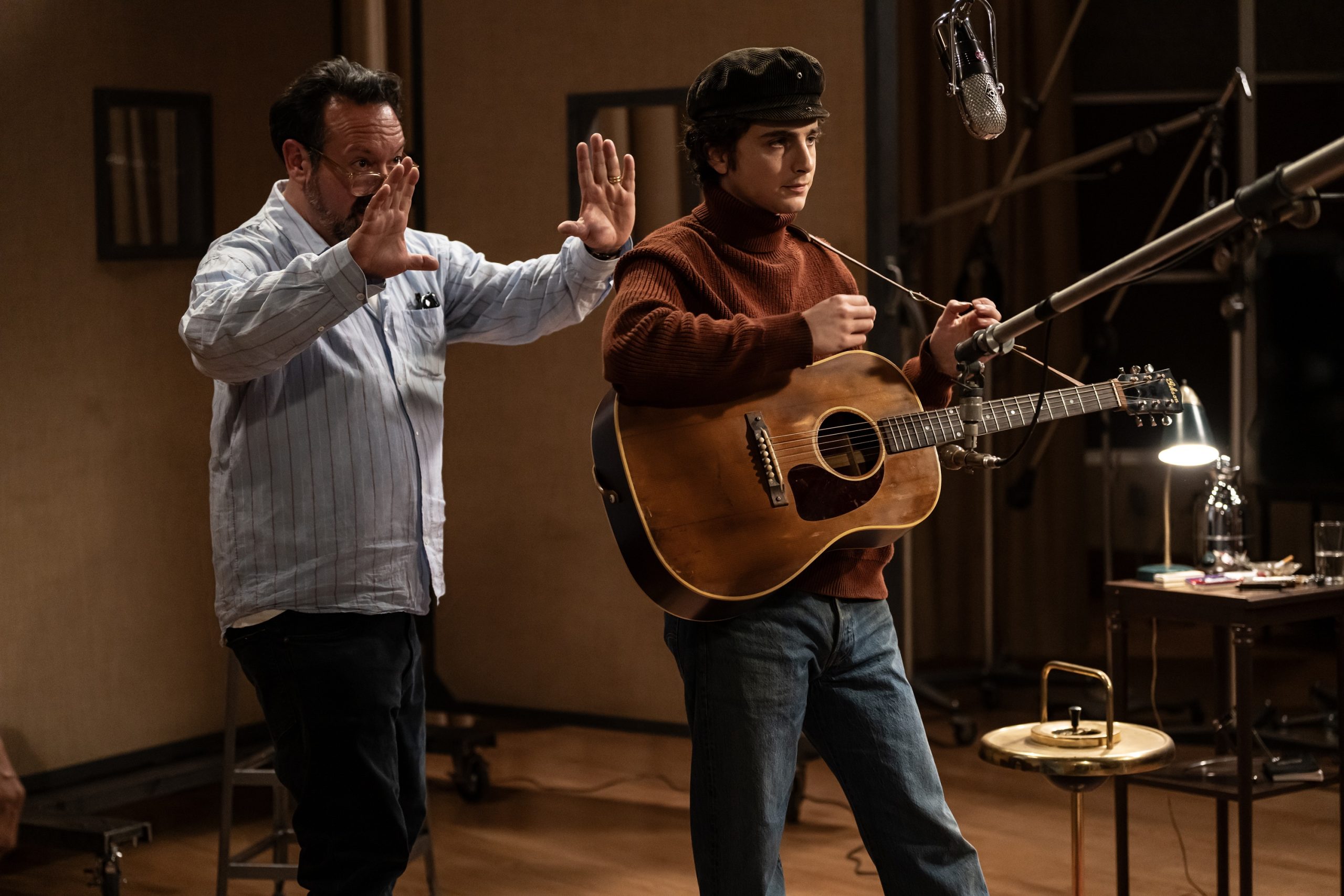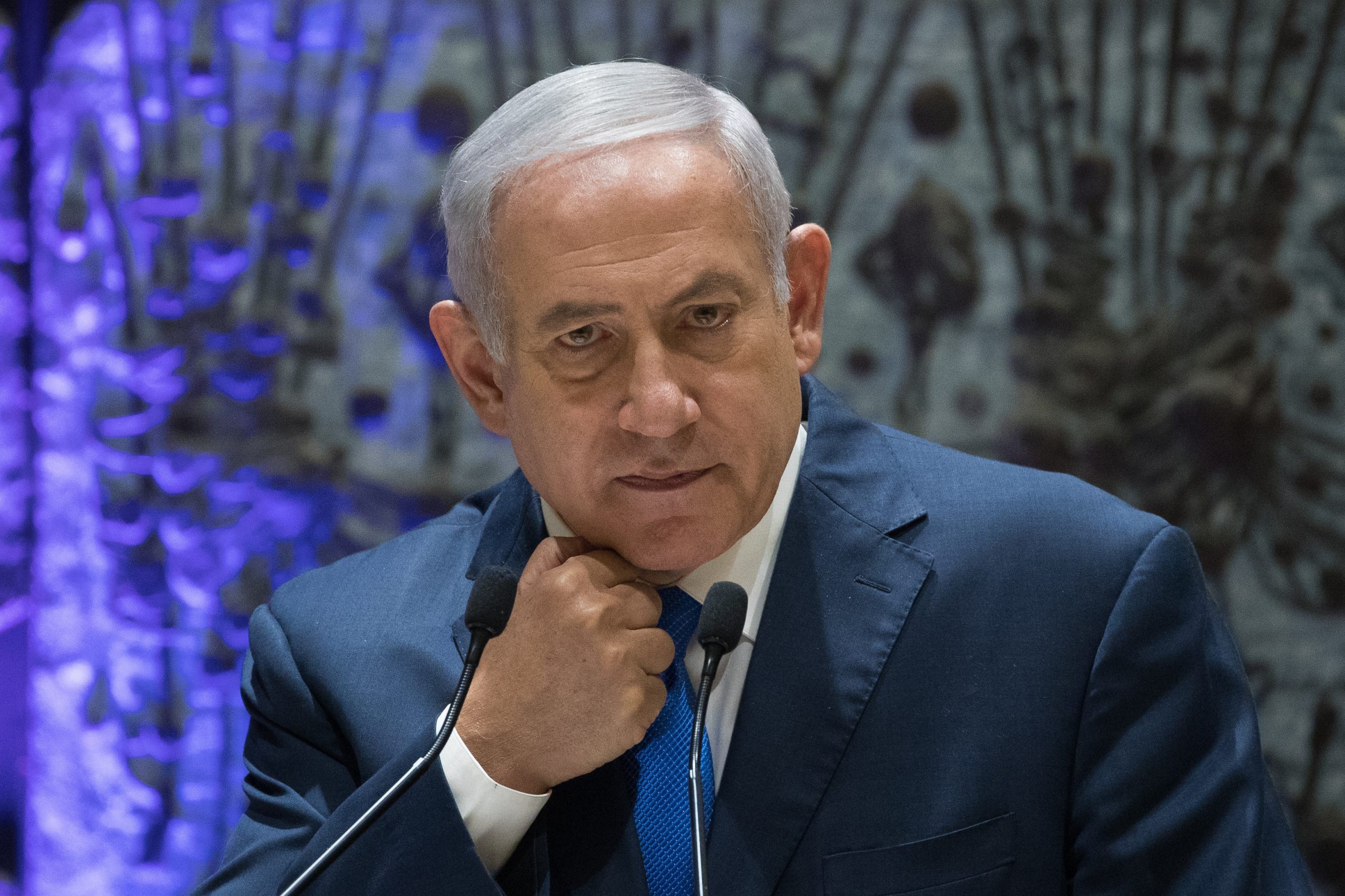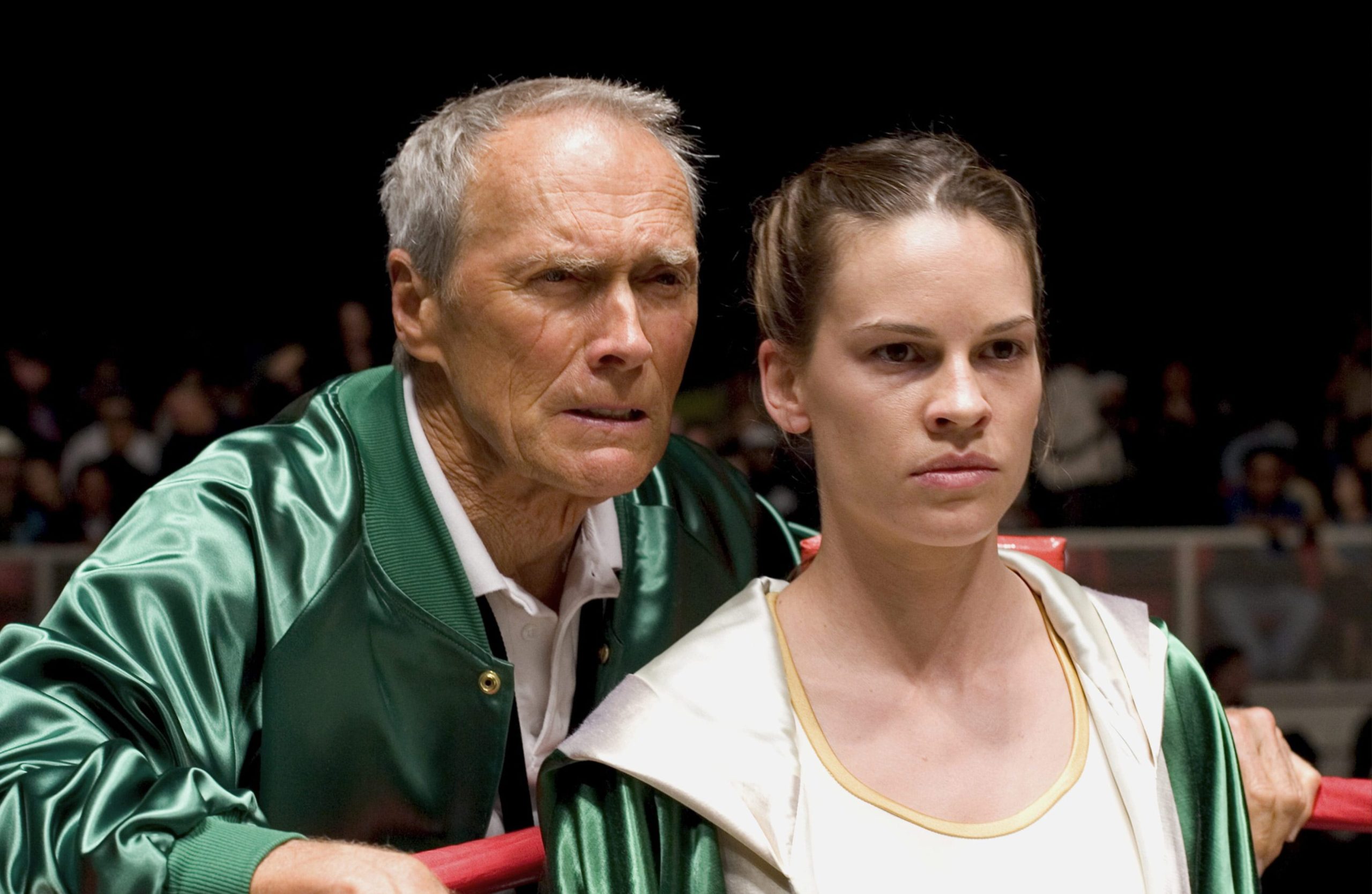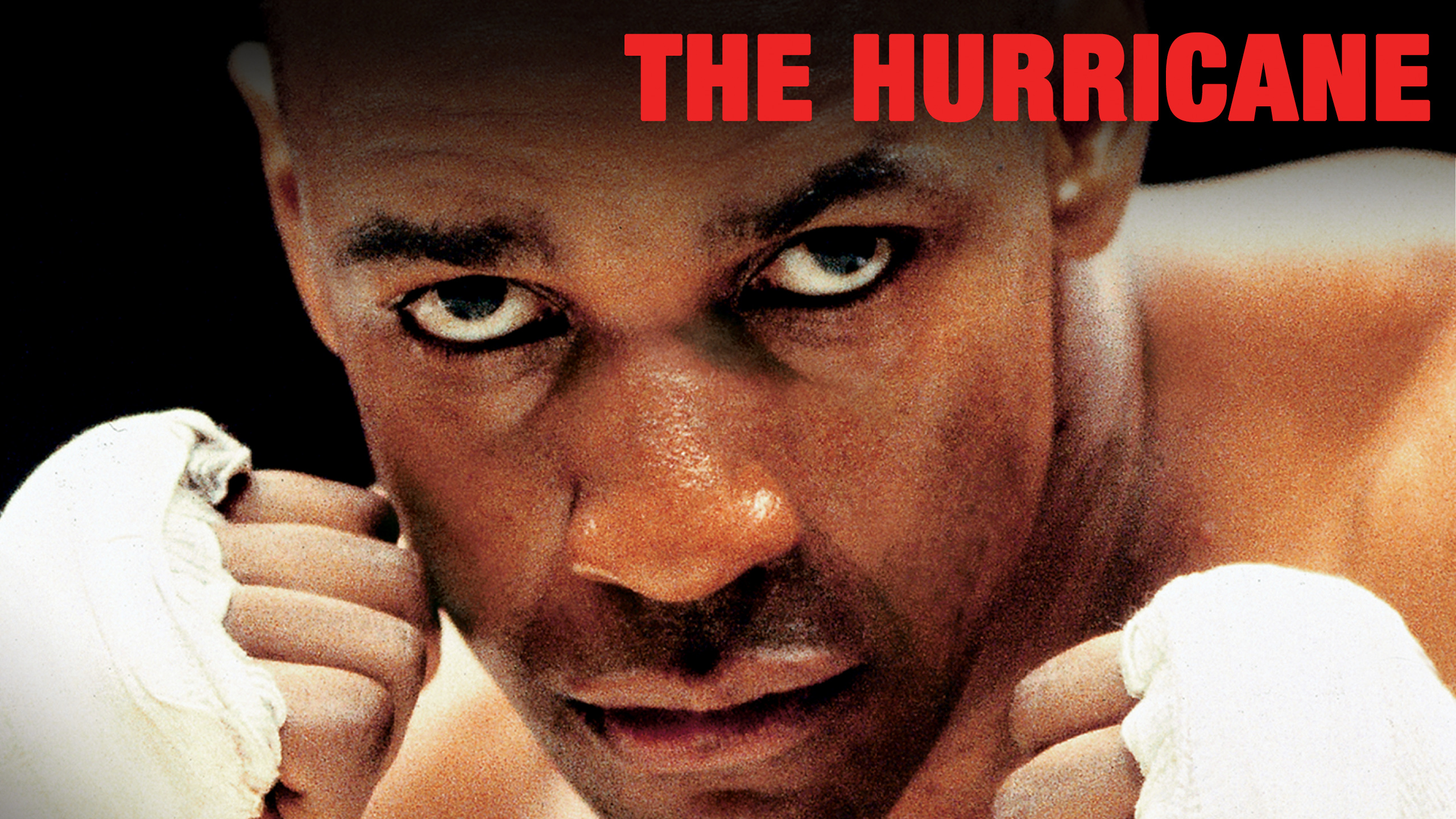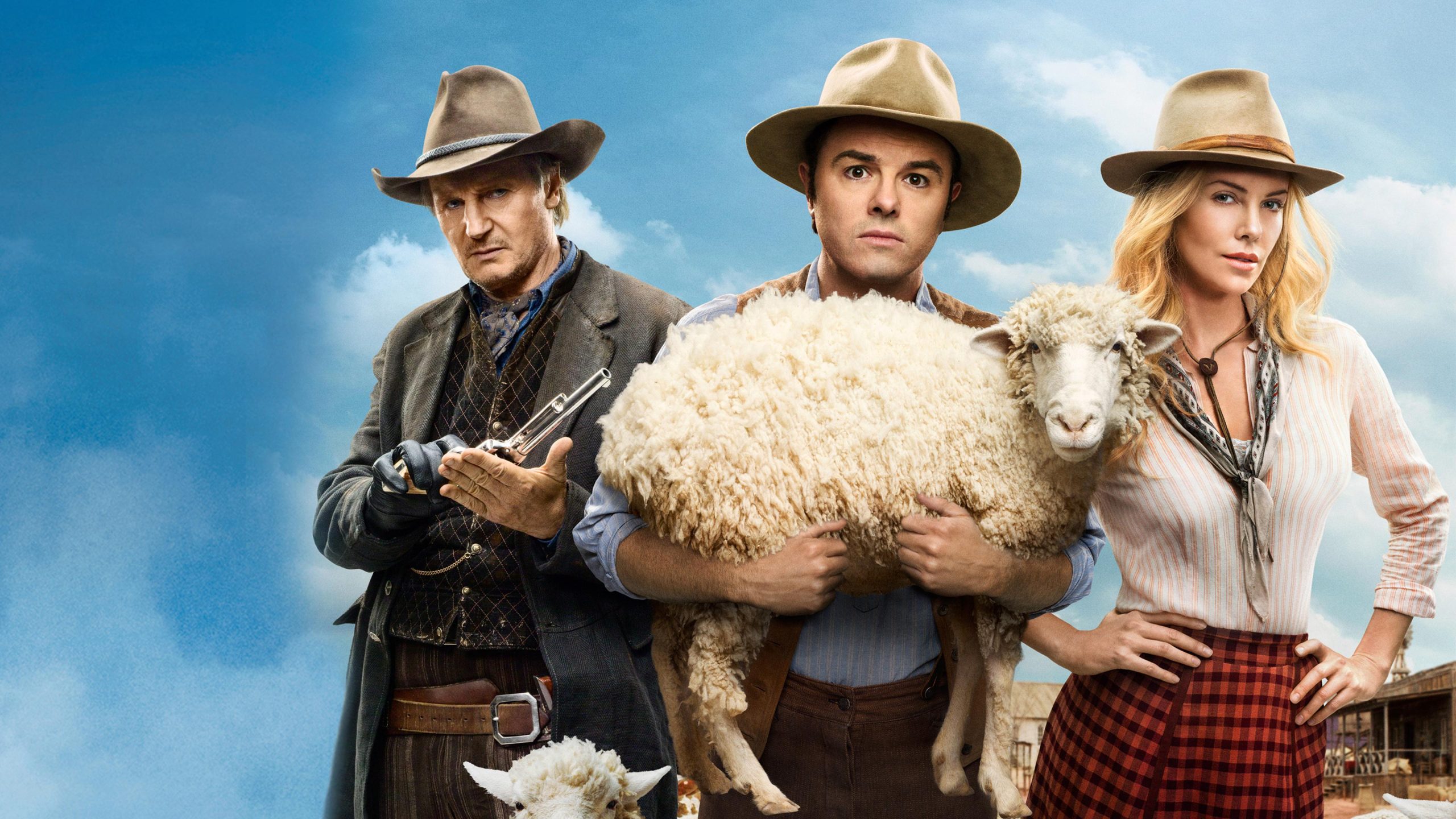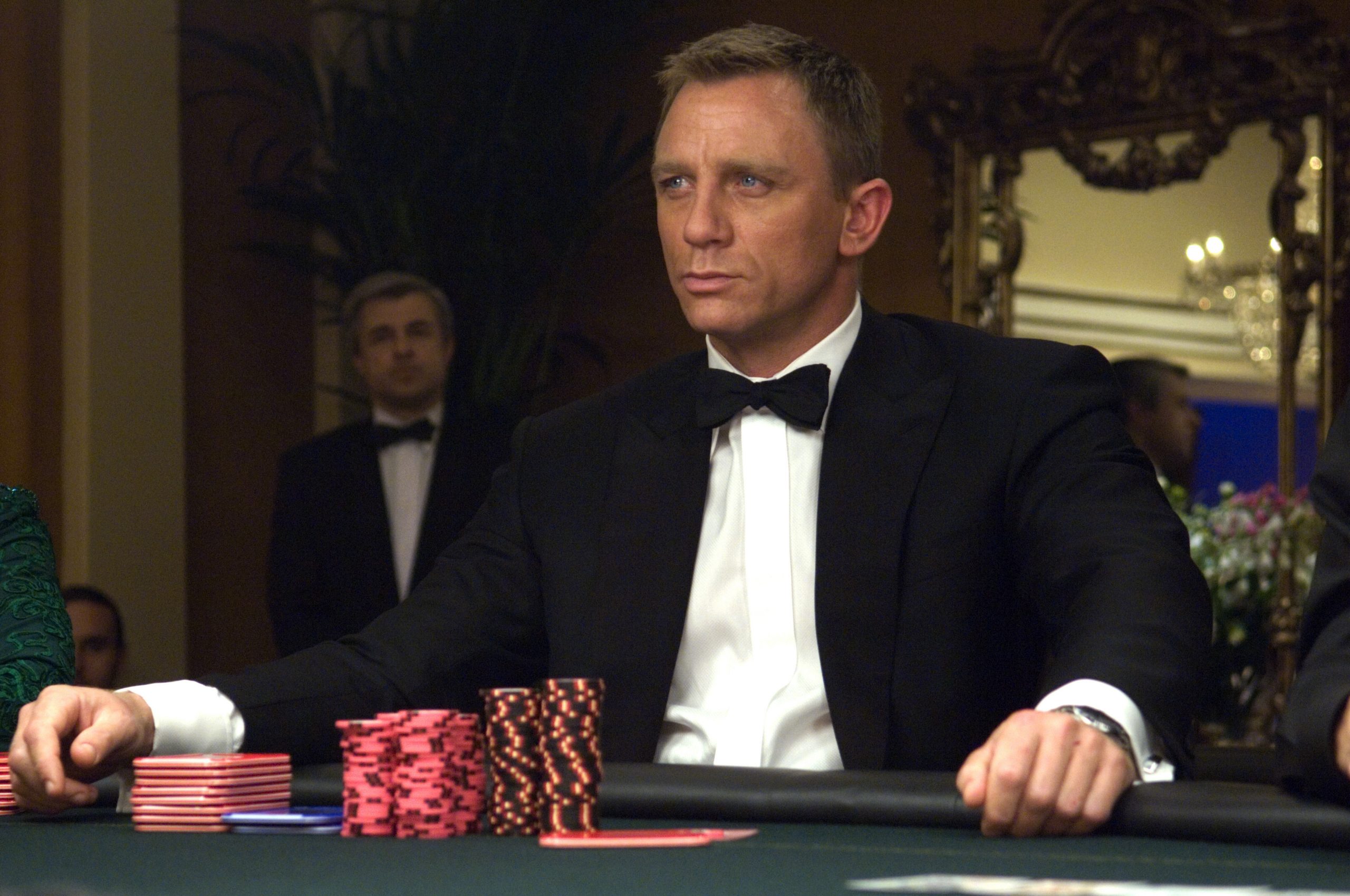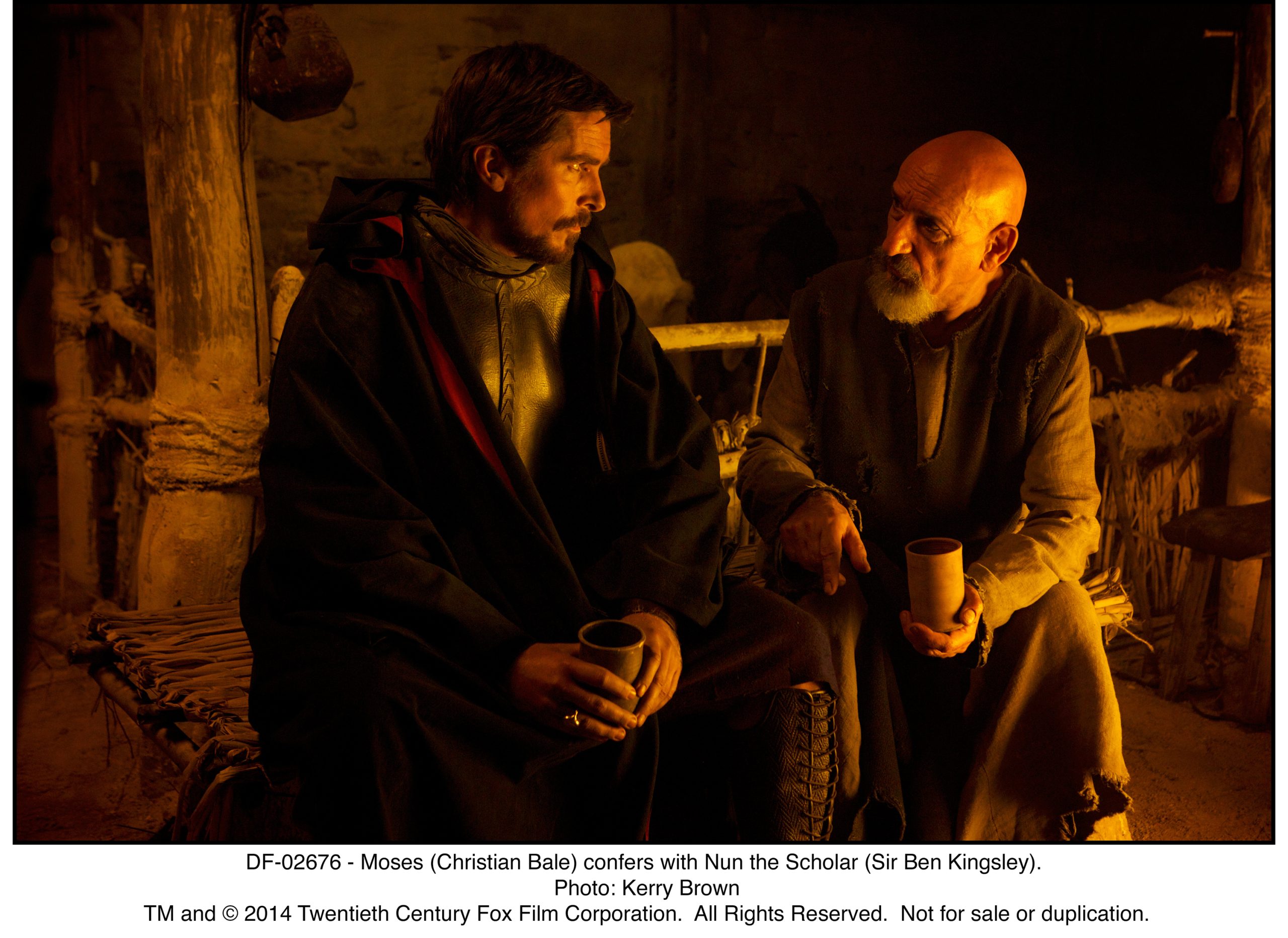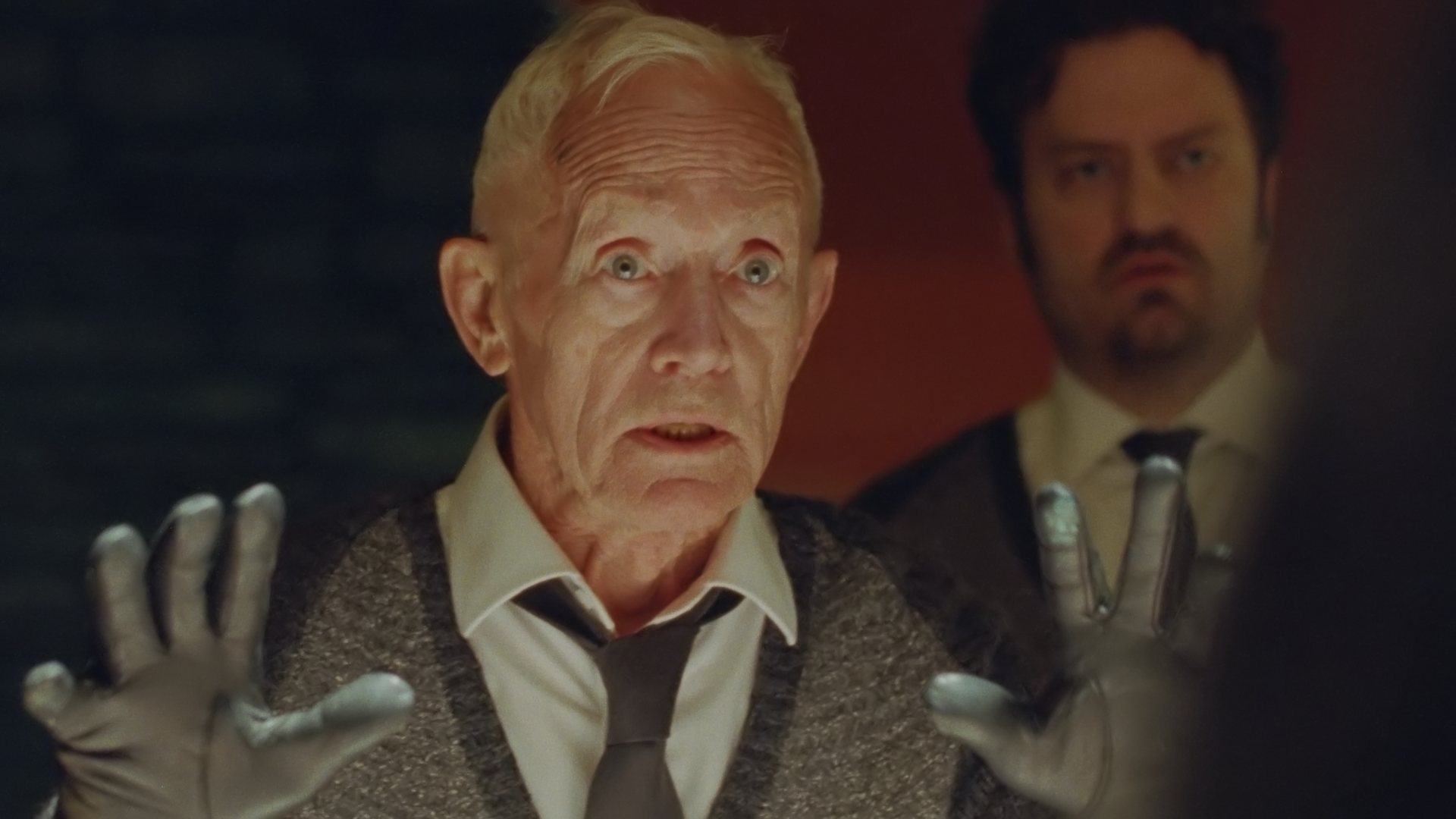
Polaris Banks spoke with Solzy at the Movies following the world premiere of Reklaw during the 2021 SXSW Film Festival.
The gist of the film is that there is a team of altruistic vigilantes destroying evidence. Their goal here is to keep the maximum amount of people out of prison. However, the killer decides to revisit one of their clean-ups. It doesn’t really work out so well. This film is as midnight as it gets!
Lance Henriksen leads a cast that also includes Tasha Guevara, Scott Allen Perry, Clara Francesca Pagone, Polaris Banks, Bill Stinchcomb, Michael Cortez, and Michael Schnick.
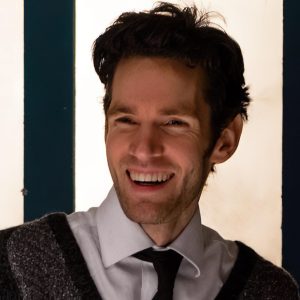
How thrilled are you to be premiering Reklaw during SXSW?
Polaris Banks: This festival has already changed my life. Instead of being a toiling little filmmaker hermit, I now have the confidence in my work to contact agencies, producers, and studios knowing I’ve got something they’d be interested in. It’s the validation I didn’t know I needed to take the next steps in my career. I’m thrilled to share my movie with an audience at SXSW, but even more thrilled with the possibility of getting an even better project out next time.
What was the genesis behind the script?
Polaris Banks: Whenever I consider the big issues plaguing the world, (animal extinction, government corruption, etc) I get such a strong urge to stop playing by the rules and just do something about it, laws be damned. So while watching a documentary on the failing of our prison system and punitive justice in general, I couldn’t help but fantasize about how someone could realistically go about breaking out the inmates, and the story kept growing from there.
When I attended Sundance last year and saw Falling, I thought Lance Henriksen delivered an Oscar-worthy performance. Can you talk about working with Lance in this film?
Polaris Banks: Lance is the perfect movie star to break in less experienced directors. He insists on not getting any special treatment and tries his best on every role no matter what the budget. Because I didn’t have any money for rehearsals, Lance and I had to find our collaborative take on the character on the day one dialogue chunk at a time. He was always looking to discover new insights and remained very open to different approaches. He’s a terrific guy.
How did the rest of the cast come together?
Polaris Banks: It was an extensive search. I started by auditioning hundreds of actors on both coasts through Actors Access and Backstage. Then when I only found three cast members that way, I contacted almost every agency in America asking for their selects. I refused to settle on anyone who didn’t 100% make their role pop. They all ended up sharing an AirBNB house during production, including Lance, which did a lot to make them feel like a family unit on screen. They’re all still very close and supportive of each other today.
What was the most challenging part during the production?
Polaris Banks: The massive set was pretty daunting. One of my goals for this production was to create a meticulously art designed world, but I really couldn’t afford to build what I was imagining. So I made it happen by spending six months framing the house set mostly myself, using clamps to hold the wood together for me to screw. When it became clear I wasn’t going to be finished in time, I hired a small art crew for the last month to help finish covering the walls, carving the fireplace, and painting everything. When we started shooting, the set still wasn’t finished. So we carefully framed out the missing parts with the camera and continued using the power tools between setups.
If you could go back in time to before starting on the fundraising, what would you tell yourself?
Polaris Banks: I would tell myself to start building up my social media profiles ASAP. Having thousands of engaged followers is incredibly valuable when you’re crowdfunding, and I could’ve saved myself months of doing research studies if I had just tried to do a Kickstarter to take a chuck out of the expenses instead.
What do you hope people take away from watching the film?
Polaris Banks: Well first, I want them to be entertained, which I think is being accomplished based on audience feedback. Second, I want them to think about punitive justice vs. the healing power of forgiveness. I don’t really make a conclusion in the film about who ends up being right, Lott or the Misanthrope, and truthfully I don’t really know the answer myself. But I’d like to spark some discussions and get people questioning their assumptions about crime, rehabilitation, and safety. And third, I want them to think “Man, that guy’s a really good director! Let’s get him some money for the feature version.”
